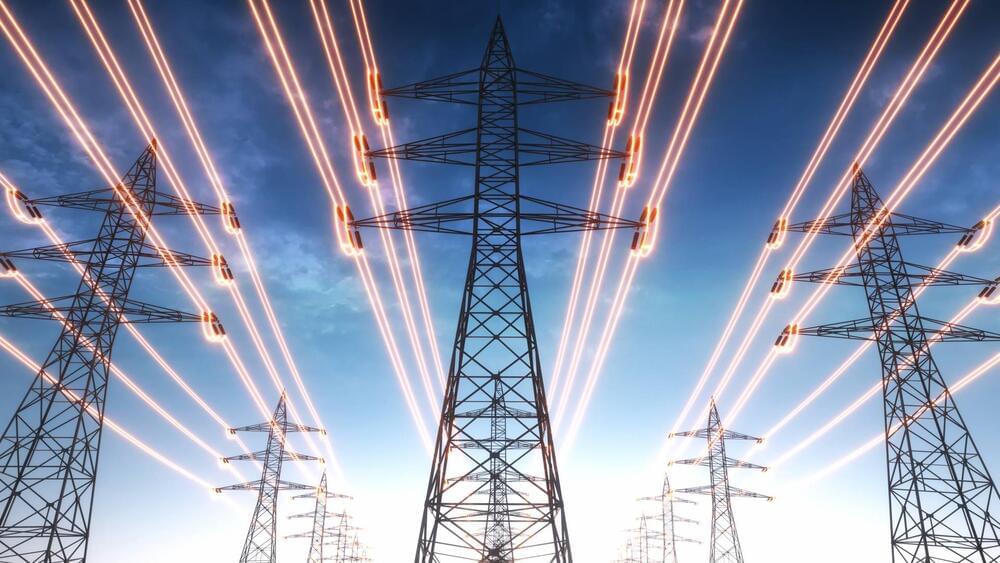For the first time ever, electricity is delivered through heated supercritical carbon dioxide.
The method has so far succeeded in adding 10 kilowatts to the grid.
Researchers were inspired by elevators to create the system.
They are now trying to get it to function at higher temperatures.
For the first time ever, Sandia National Laboratories have used heated supercritical carbon dioxide instead of steam to generate electricity, according to a press release by the organization. The breakthrough happened at the Sandia-Kirtland Air Force Base electrical grid.
A non-toxic stable material
The organization described supercritical carbon dioxide as a non-toxic, stable material that is under so much pressure that it behaves like both a liquid and a gas. Because it stays within the system and is not released as a greenhouse gas, it can get much hotter than steam (1,290 degrees Fahrenheit or 700 Celsius). These temperatures allow it to be much more efficient at turning heat from power plants into energy.
“We’ve been striving to get here for a number of years, and to be able to demonstrate that we can connect our system through a commercial device to the grid is the first bridge to more efficient electricity generation,” said Rodney Keith, manager for the advanced concepts group working on the technology.
“Maybe it’s just a pontoon bridge, but it’s definitely a bridge. It may not sound super significant, but it was quite a path to get here. Now that we can get across the river, we can get a lot more going.”
On April 12, the Sandia engineering team managed to successfully heat up their supercritical CO2 system to 600 degrees Fahrenheit and use it to provide power to the grid. They generated 10 kilowatts of power which might not seem like much but is an important first step.
Full Story:
